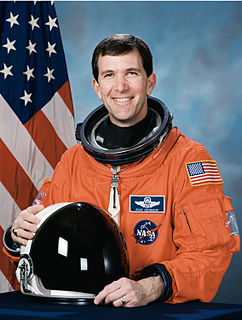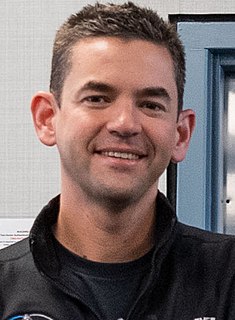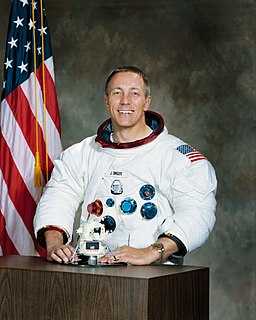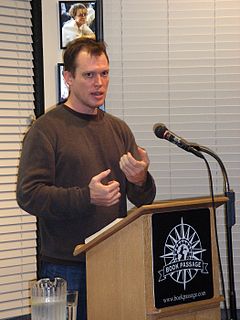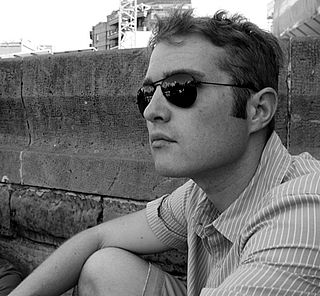A Quote by Paul Cornell
To get to Earth from the edge of the solar system, depending on the time of year and the position of the planets, you need to pass through at least Poland, Prussia, and Turkey, and you'd probably get stamps in your passport from a few of the other great powers. Then as you get closer to the world, you arrive at a point, in the continually shifting carriage space over the countries, where this complexity has to give way or fail. And so you arrive in the blissful lubrication of neutral orbital territory.
Quote Topics
Arrive
Carriage
Closer
Complexity
Continually
Countries
Depending
Earth
Edge
Fail
Few
Get
Give
Great
Great Power
Least
Lubrication
Need
Neutral
Other
Over
Pass
Passport
Planets
Point
Poland
Position
Powers
Prussia
Shifting
Solar
Solar System
Space
Stamps
System
Territory
Then
Through
Time
Turkey
Way
World
Year
Your
Related Quotes
Of course, the American education system is very inefficient in many ways compared to other countries in Europe or Japan, but it works in such a way that at least the few people who are going onto unusual careers and science can manage to get into that, even though they go through an earlier stage that doesn't give them much.
I try to be the best husband and father I possibly can. And it doesn't mean I get to spend as much time with my family as I'd like, but I do the best I can. Even if you do get to be an astronaut and get to go and do a lot of interesting things, at some point that will come to an end. If in the process you short change your family or compromise your values along the way, when you get through on the other side, it won't really be worth it. At least not to me.
While the Copernican principle comes with no guarantees that it will forever guide us to cosmic truths, it's worked quite well so far: not only is Earth not in the center of the solar system, but the solar system is not in the center of the Milky Way galaxy, the Milky Way galaxy is not in the center of the universe, and it may come to pass that our universe is just one of many that comprise a multiverse. And in case you're one of those people who thinks that the edge may be a special place, we are not at the edge of anything either.
Principal Principal: Where's your late pass, mister? Errant Student: I'm on my way to get one now. PP: But you can't be in the hall without a pass. ES: I know, I'm so upset. That's why I need to hurry, so I can get a pass. Principal Principal pauses with a look on his face like Daffy Duck's when Bugs is pulling a fast one. PP: Well, hurry up, then, and get that pass.
Good candidates can arrive at the binary search tree as the right path in a few minutes, and then take 10-15 minutes working through the rest of the problem and the other roadblocks I toss out. But occasionally I get a candidate who 'intuitively understands' trees and can visualize the problem I'm presenting.




